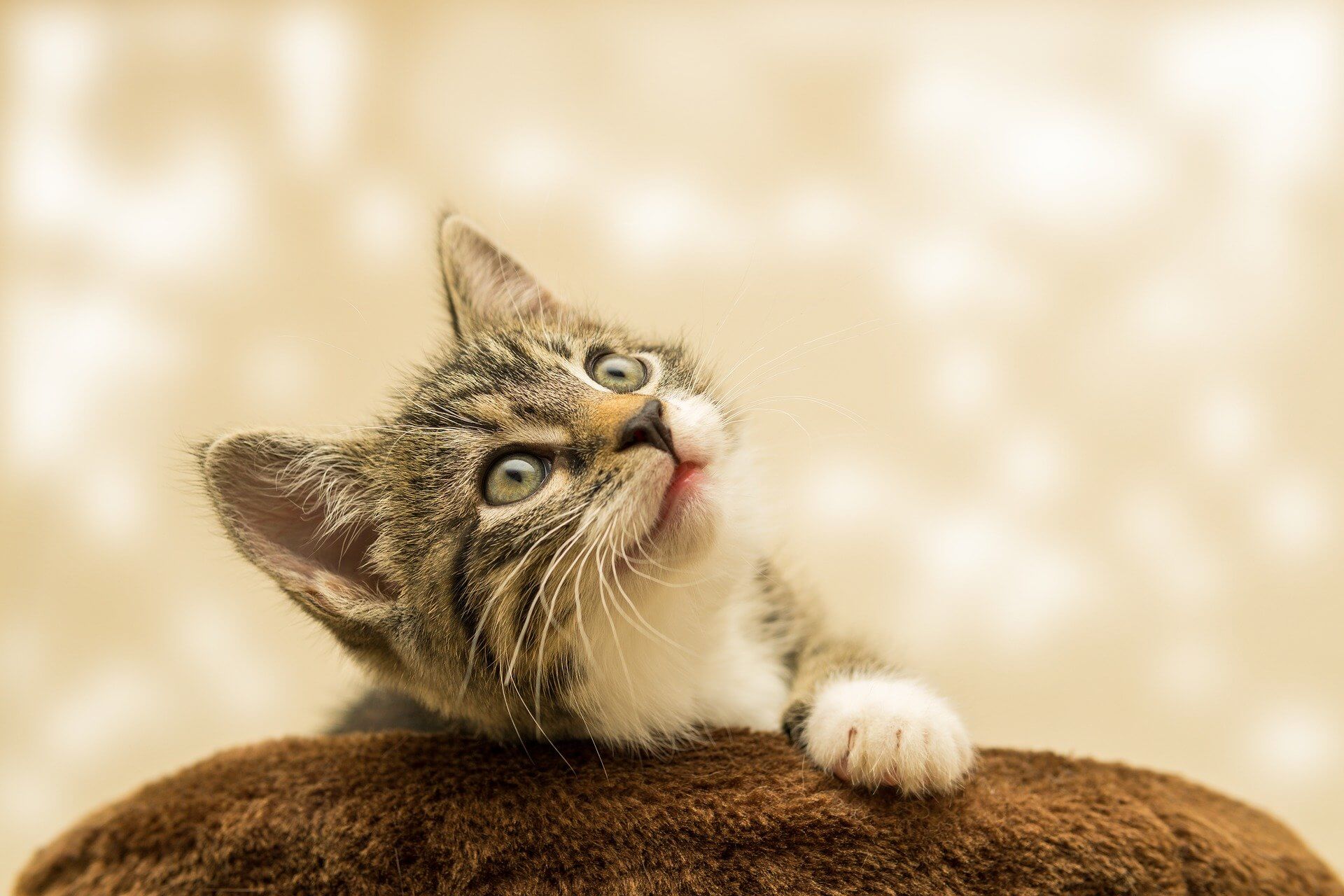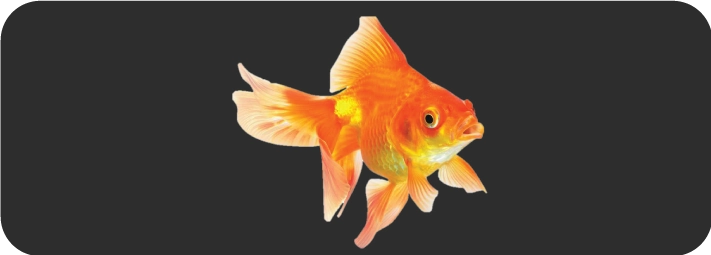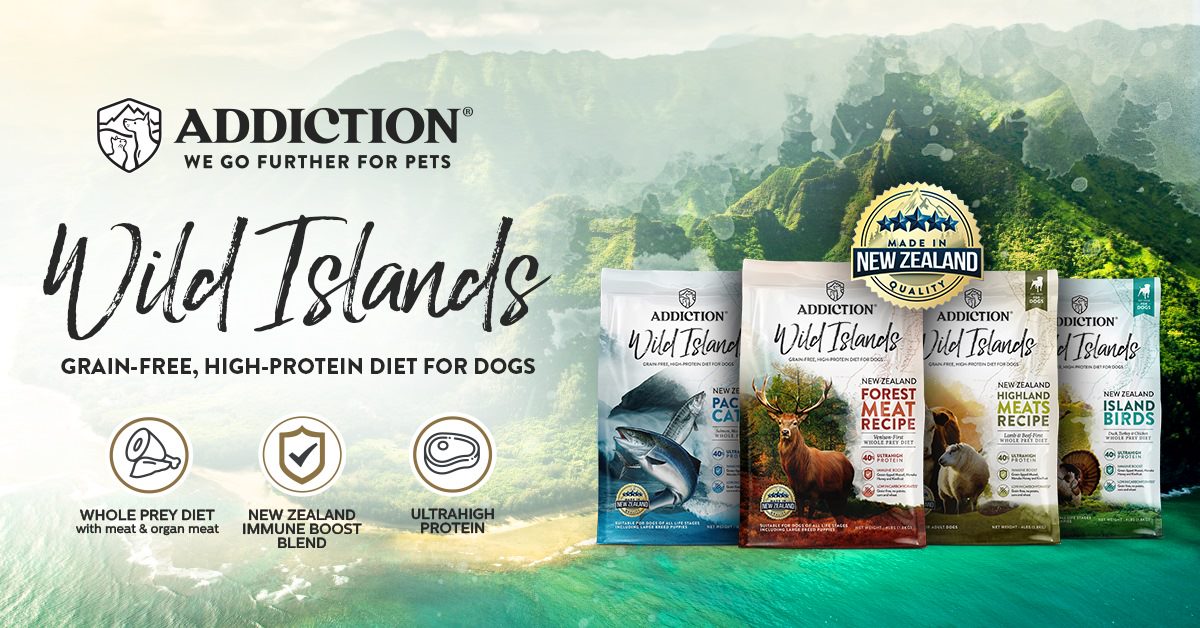Food Ingredients Cats Need to Avoid

When it comes to our cats, we only want to give them the best. We don’t want to compromise on things that they need, including cat food.
However, sometimes we like to spoil our fur babies with special food and treats. While there is nothing wrong with showing your love and affection by giving your cat some quality food, we must make sure our cat is not getting any harmful ingredients.
Doing your research regarding the harmful ingredients in cat foods is necessary because you might feed your cat something toxic without even knowing.
Disclaimer: This article provides information that should not be used as a replacement for consults from a veterinarian. For a more reliable inspection of your pet’s health, do consult a vet.
Below are some toxic food ingredients that you should avoid giving to your cat:
Butylated hydroxyanisole (BHA)
This component can be harmful to your cat, and it is included as an artificial preservative in food. This component is anticipated to be a human carcinogen.
This substance is so harmful that it has been found to cause tumours in lab animals. Even though it is considered safe when given a low dose, you wouldn’t want to take such a dangerous risk.
Caramel
Caramel is included in some cat foods to provide a richer colour. However, cat foods do not have to be necessarily colourful. It can only be a good marketing strategy to attract owners.
Numerous colouring options like caramel are potential carcinogens that may harm your cat.
Corn Meal and Carbohydrate Fillers:
Having a huge amount of carbohydrate fillers may be harmful to your feline friends. Dry food may include as much as fifty percent of grain. If you have older cats, you can feed it grain-free food only if the content of carbohydrate is limited.
In addition, wheat gluten may also cause a problem for your cat because it is a cheaper alternative to whole-grain options and muscle meat protein. Furthermore, some cat foods may include melamine, which may lead to kidney stones.
Meat Byproducts:
Meat byproducts are secondary products that are produced as a result of producing principal products. As a rule, meat byproducts are known for being an inferior form of the protein that your feline friend needs.
Glucose / Dextrose:
Glucose is commonly known as sugar, so it is not quite suitable for cats. It may lead your feline to obesity and improve the potential risk of diabetes. Glucose in crystallized form is known as dextrose.
Generally, it is added in pet food as an agent that can be helpful in developing browning in meat or gravy ingredients. It is also added as a sweetener and can be considered insignificant nutritionally. In addition, giving it to your cats may lead to harmful effects in the long term.
Carrageenan:
It is a red seaweed that can be used as a thickening agent. Carrageenan is said to be a controversial ingredient because a potential carcinogen, known as degraded carrageenan, can be among the forms of carrageenan.
Even though the degraded form isn’t used in food application, some concerns state that once it is ingested by cats, it may become degraded because of the stomach acids of cats.
Hence, it may potentially increase the risk of cancer among cats. It might not be harmful to cats, but it’s better to consider other healthier alternatives if they are available in the market.
Conclusion
You have to be very careful while providing food to your cat.
If you suspect that your cat has ingested one of these toxic components, it’s important to take it to the vet immediately.







